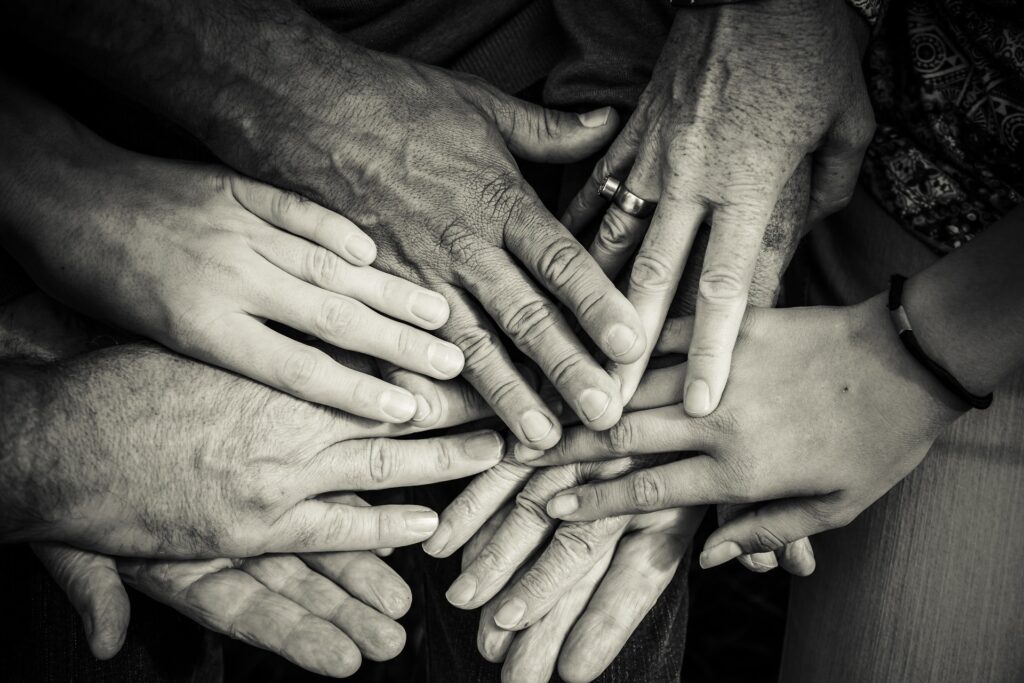
If you’ve read some of my previous posts, then you’ll know that my ability to put myself first isn’t second nature. Perhaps ironically, putting myself second is. I don’t know when I got into this habit. Or where this behaviour started. All I know is, that I’m very good at putting other people’s needs ahead of my own. This has, on occasion, gotten me into hot water when it comes to my mental health. Whilst caring for others and acts of kindness are vital. And are usually undervalued. As well as being good for our own mental health. When this becomes a pattern of action; the impact on the individual can be huge.
For A Guide to Prioritizing Self Care By Prioritizing You read here.
I’ve become more and more aware of this. And by checking in with my mental health on a frequent basis. Acknowledging my stress levels and what may be contributing to them. And through conversations with others about this very matter. I’ve realised that I need to find a better balance between times I put myself first and prioritizing the needs of others. Easy to say. Not so easy to do. Especially when your need to help others is a crucial part of your identity. And has become ingrained with your own sense of self worth. Anna Mathur, summed up it beautifully in her book Mind Over Mother when she wrote:
I don’t know why a part of me wears tension like a badge of honour. I’m often battling with the part of my mind that tells me that if I’m not rushing, I’m not doing enough. If I’m not worrying, I’m not loving enough. If I’m not tense, I’m not carrying enough – mentally, emotionally, physically. If I’m not stretched to my max, I should be doing more.
Anna Mathur, Mind Over Mother
How to Put Myself First
To help me find a new balance. Where I no longer predicate my value solely on what I give. I challenged myself to start at the beginning so to speak. To put myself first as much as possible. What would that feel like? Would it feel like a relief? Or would I be plagued by feelings of guilt or discomfort? I realised when I set myself this objective that I couldn’t live for myself entirely. I have responsibilities and people who rely on me. But I challenged myself to address the way I had been living for so long.
#1 Working with Others
Firstly, I’ve had multiple conversations with my partner about finding a better balance within our life. That I can and should rely on them to do more. I needed to get better and trusting that they would do certain chores. But in their own time. Rather than expecting them to do it on my timeline or do it myself. With the latter usually happening. And they acknowledged that they needed to get better at communicating what they planning to do. But also helping out more often generally. Being more vigilant and aware of things that needed doing. Items I was so aware of and had automatically absorbed into my role. Which they probably wouldn’t consider and therefore never noticed.
For How to Navigate the Need to Feel Heard read here.
#2 Asking for and Accepting Help

Secondly, I needed to be more vocal about when I needed help. And feel comfortable asking for it and crucially accepting it. This works on two levels. By encouraging conversation between myself and my partner. But also extending this outside of my home life. I needed to be more honest with myself and those around me about my workload. Whether professionally and personally. And ask for help when I needed it, to put myself first rather than struggling through it alone which inevitably negatively impacted my mental health. Making it harder to complete the tasks by causing my motivation to wane, my energy to drop and procrastination to ensure.
The flip side to asking for help was accepting it. I had fallen into bad habits where I would dismiss my need for help when it was proffered. Assuring someone I was fine or that I could manage. When I wasn’t sure that that was true. And often refusing to let someone do something so I could put my feet up. My need to always be busy and helping others as an estimation of my worth made me view every acceptance of help or moment of relaxation as a sign of weakness or failure.
#3 Boundaries and Self-Care
Lastly, I had to learn to assert boundaries. Partially with other people who may have assumed my willingness always to help meant I always would. Which whilst being true led them to rely on me more than was fair. But it was my responsibility to reassert those boundaries. And apply some to myself too.
I had to learn to pushback when asked for help to free up time to put myself first. Not for every request of course. Being able to help others is part of who I am. It is a part I value immensely and supporting each other is something I truly believe in. To stop being there for others would be to deny who I am and what I believe in. But, as previously stated, I needed to find that balance. And to do so, I needed to be willing to say ‘no’ or ‘not right now’ on occasion. Reset that expectation that I wouldn’t always say yes or be available for everyone and everything.
For The 9 Tips You Need to Hold Boundaries read here.

Setting these boundaries with others was only part of the equation. I needed to set them with myself. Stop myself from overexerting myself or by taking too much on. I needed to think more critically about my limits and my priorities. I’ve always known I wasn’t superwoman. My low self-esteem would never allow me to lay claim to such applause. Rather my lack of confidence and self-value led me to believe that it made sense to look after others at my own expense. After all, it was others that mattered and not myself. Therefore, I’ve had to re-evaluate this train of thinking and challenge those thoughts. Instead acknowledge what I can and can’t do. And knowing that this is incredibly human. Likewise, that I have the right to look after my own needs. By accepting help and engaging in self-care. Which hasn’t been the easiest thing to do.
Did It Work?
It’s definitely a work in progress to put myself first. I am better at holding my boundaries and knowing my limits. Asking for help can still be hard at times. But I am accepting help more and more. Leaving things for other people to do or delegating. This has definitely freed up some time for my own self-care. And is helping me manage my stress levels better.
Acknowledging the importance of looking after myself has been an important step. It has changed how I see myself and allowed me to realise my own value. I’m still finding that crucial balance; and this will take time. But I’ve taken the first steps to helping myself at least as much as I help others.
What are your experiences of balancing looking after yourself and others? What worked for you and where did you find success? Let me know below!

Thank you for providing these tips. We really should learn how to put ourselves before others some time.